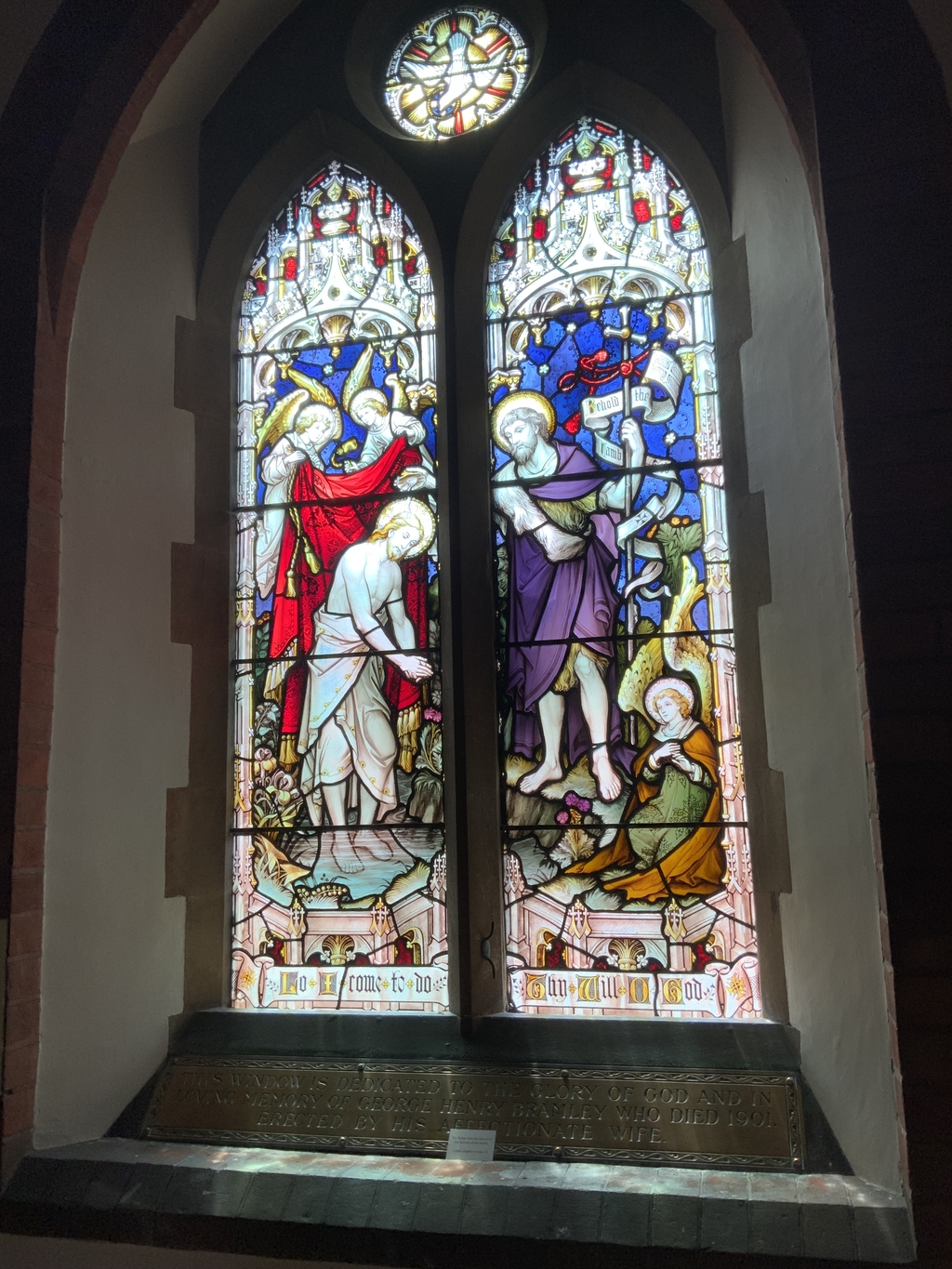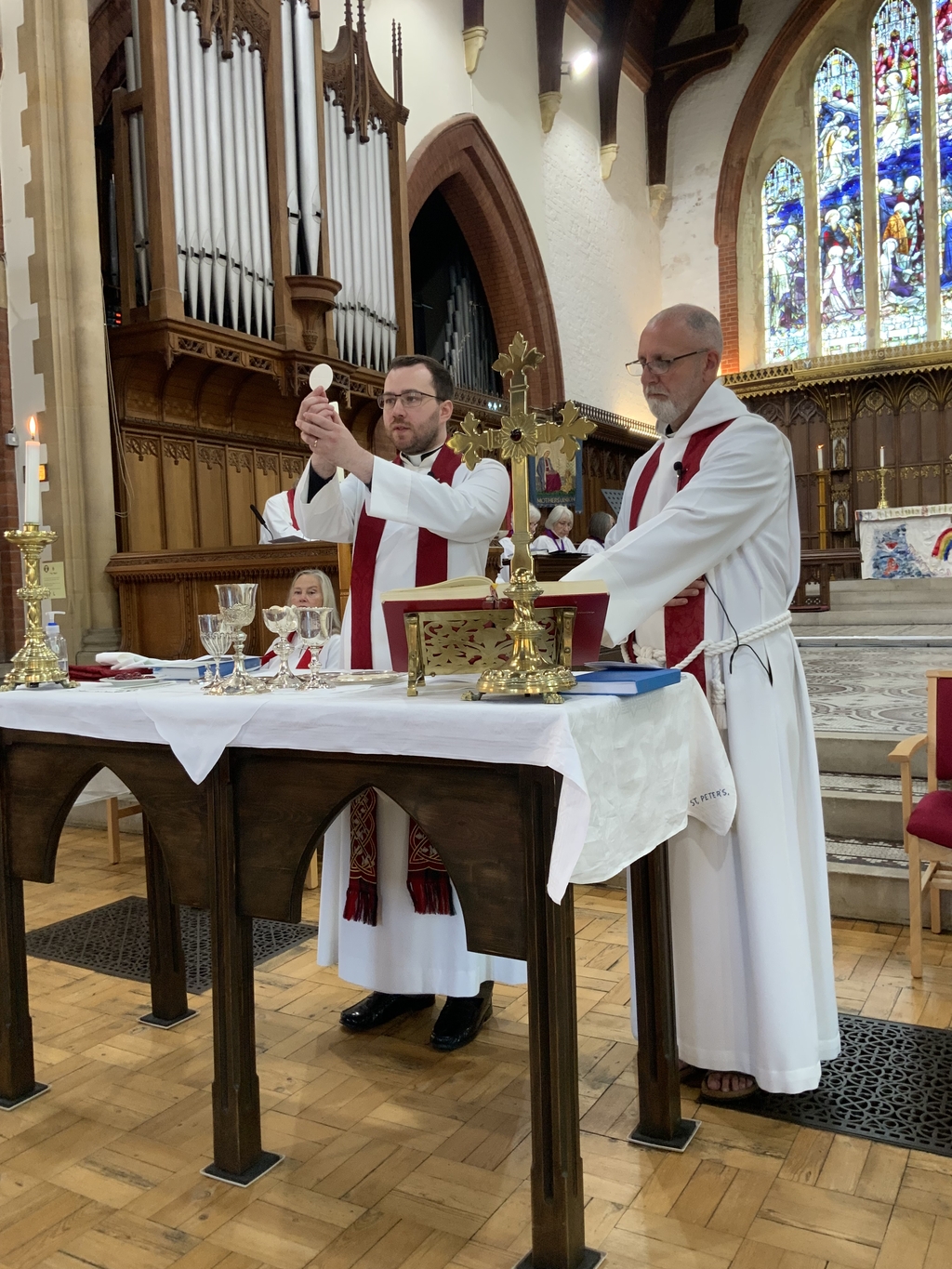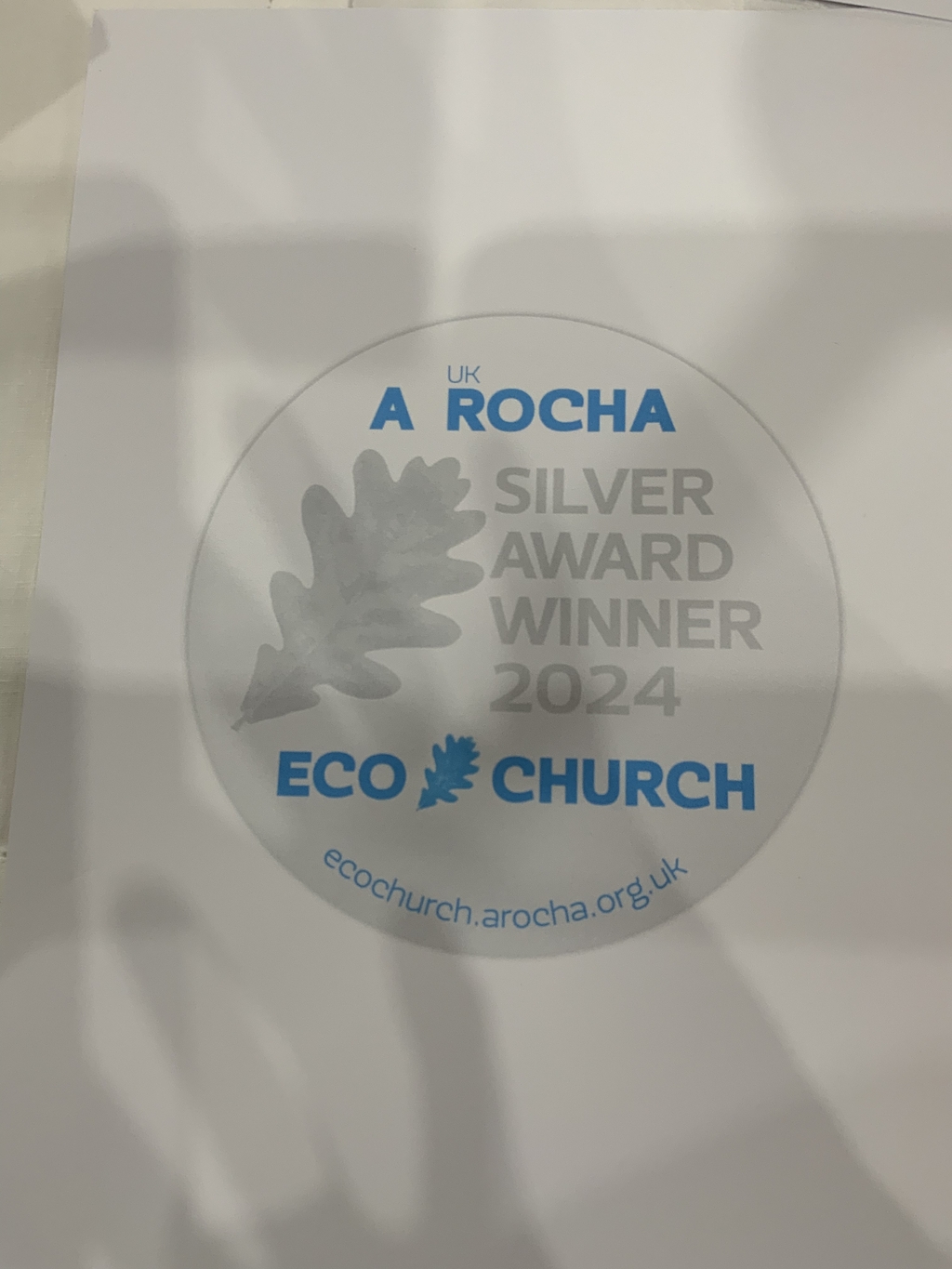One of my favourite possessions is a rather odd one. Should you ever walk into our home, you’ll find two very large, rather aggressive-looking, white wooden chickens flanking the fireplace. My somewhat eccentric, beloved and sadly late Great Aunt bought them many years ago. She loved all sorts of dust-collecting objects – huge bouquets of silk flowers, arrangements of wax fruits, a vast china Dalmatian and all kinds of flowery furniture that were far too big for her home.
She loved spending money on things. Especially when moving house or flitting, as she would’ve put it. At the age of 90, she decided she wanted to move back home to Glasgow – so she did. She gifted me the chickens, which I remember her having in her house in the 90’s in Auchterarder. Since being given them, they’ve always had pride of place in my home. After she died in 2020, they've become something to make me smile and think of and remember her.
I’m sure I could talk at length about the little background stories of items and objects that take up space in the house. I’m sure each of us here could do the same. The items we surround ourselves with help us show our identities, tell our stories, or remind us of key moments of importance.
Perhaps the rich man in the Gospel reading today felt the same about his ‘many possessions’. Yet there are a few cultural and historical points that we need to bear in mind with this reading – firstly, this was written before the age of mass production and consumerism. People at the time of Jesus did not have many items in their homes. To our standards, their homes would have appeared very minimalist at best. To them, our homes would display an ostentatious array of wealth. Goodness only knows what they would make of my Great Aunt’s home, which my wife once described as a treasure trove!
Secondly, the cultural perception at the time was that anyone who could afford many possessions had to be rich. For many “rich” people were automatically considered “thieves or heirs of thieves”. To be rich was to be greedy.
The rich man in the Gospel reading today boasts of how justly he follows the commandments, but his question to Jesus betrays part of his outlook. “What must I do to inherit eternal life?”. He isn’t asking how we might inherit eternal life, only himself. He seems to view the process as a transaction; I will be rewarded if I do these things.
So, Jesus tells him to get rid of all his possessions. The man is saddened and leaves grieving. I don’t really blame him. How many of us could follow such a commandment? Could you part with everything you own? I know I couldn’t. I doubt any of us would be able to.
Despite the words we hear, we are not being called to take Jesus literally. Jesus is making a different point. He is talking about a pursuit of wealth, a love of financial gain, and material wealth over and above love for God and your fellow humans.
The world today shows even greater levels of income disparity than ever before. A recent study funded by Oxfam shows that the richest 1% of people gathered nearly two-thirds of all the wealth created in the world since 2020.
While billionaires like Elon Musk and Jeff Bezos spend vast sums to race to the stars in rather suggestive-looking rockets, roughly one in ten people on Earth are hungry. The majority of whom are women and girls, often eating the least and eating last.
It is the same further down the chain. How many of our clothes were made in sweatshops on the other side of the world? What of the Nepalese Sherpas who are put at risk or even die helping tourists who feel they should have the right to climb Mt Everest, furthering the disruption to a fragile ecosystem and culture?
Or look at coffee cultivation—an industry where child labour is widespread. During harvest season, up to 40% of the workforce in Honduras consists of children. In 2016, two major coffee companies acknowledged slave labour as a risk in their Brazilian supply chain.
All of this to feed our insatiable demand for coffee. Our constant need to consume.
Our entire culture has become like the rich man. Yes, we might follow the commandments: no murder, theft, not bearing false witness, etc. But what has become of our care for one another? Where is our compassion for the faceless people on the other side of the world?
That compassion is in Christ Jesus. Think again of the Gospel reading; the rich man boasts about following the commandments. In response, we are told that Jesus “looking at him, loved him”, just as Jesus looks at each of us and all people around the world with love.
Ultimately, it is Christ’s love for this man that will save him, not any actions that he will undertake to secure his place. And unlike in this earthly life, his wealth will not place him ahead of anyone else. This world's unequal advantages and disadvantages will be replaced with the divine love of Christ for everyone.
The major sin of Adam and Eve wasn’t their disobeying of God but their willingness to condemn each other. Some Jewish scholars have surmised that the breakdown of human society in Genesis was about humanity forgetting compassion and care for one another and ultimately focusing only on themselves. To a dreadful effect that we can all picture just by looking at the news today.
To follow Christ, therefore, is to aspire to live as Christ lived and love one another.
So, when we, as disciples of Christ, hear His words to abandon our worldly goods, we are not being called to literally sell all our possessions. We are not being called to leave ourselves destitute or struggling but to act compassionately. To live the commandments and the Gospel in our daily lives. To demonstrate Christ’s love for us through our love and compassion for one another.
I don’t imagine we can compete in a billionaire's space race. Yet, we can show human solidarity and love in our choices.
How much of what we consume gets produced in working conditions, we would never accept for ourselves? Have we looked at where some of our goods come from? Are our choices based on improving our financial situation or improving life for as many people as possible?
Don’t put yourselves at risk or take up a martyr’s yoke of constant self-denial. But think, always, about the impact of your choices. That extra cup of coffee in town might be good, but how much better could it be to give its value to a charity?
Could you look at microloans to support a small business half the world over? Can you switch brands to make more ethical choices? Could you even, dare I say it, look again at the parish giving scheme?
Perhaps there is somewhere where our relative wealth, especially compared with others worldwide, could be used to help others. We need to show our understanding of Christ’s teachings and demonstrate that those who profess Jesus as Lord understand that God’s never-ending gift to us all is boundless love. Love that we can, should and will share with one another.
Amen.
The Revd. Iain Grant, Assistant Curate













